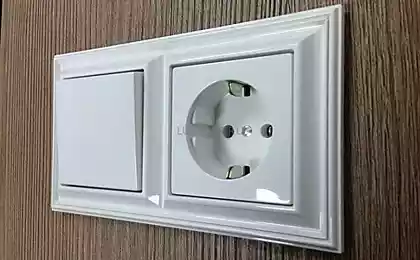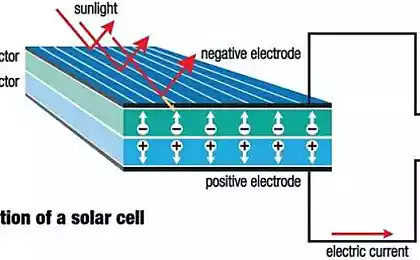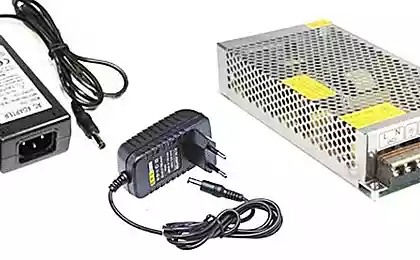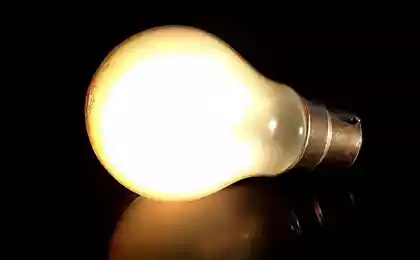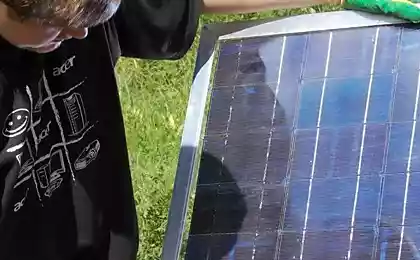486
Do not dispose of old batteries from laptops – they can be used to power electrical appliances
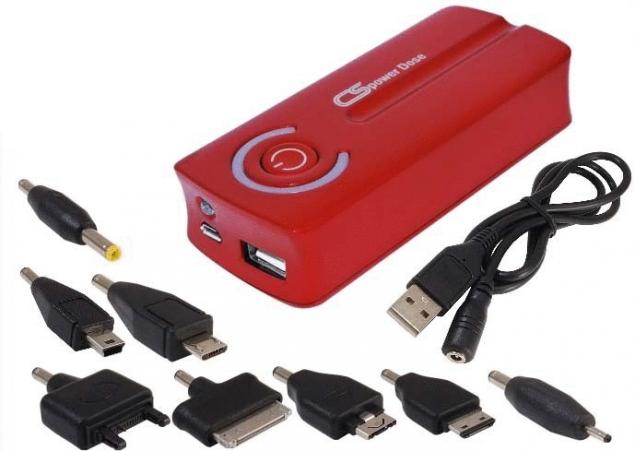
A recent study by researchers of the Indian branch of IBM showed that many batteries from old laptop computers, which are often just thrown into the garbage, can serve as Autonomous power source for lighting devices, for example, in the homes of people in developing countries. Scientists have even developed a small prototype of such a battery system, and is currently engaged in its optimization.
Most of us are accustomed to turn the lights on in their houses and apartments, just by flicking a switch, do not even think about what in the world a huge number of people lives without access to electrical networks.
In India alone there are 400 million people who live in homes without lighting. The world Bank once estimated that the cost of expanding Indian power system is 8,000 – 10,000 USD per kilometer. This is a huge problem that requires a stable and inexpensive solution.
It is the solution to this problem and started a team of scientists from Bangalore, India. According to estimates of the Agency for environmental protection, each year in the United States alone are thrown in a landfill about 50 million laptop and desktop computers, and many of them are quite serviceable lithium-ion batteries.
Scientists in collaboration with research firm RadioStudio dismantled the batteries, tested them and selected work items. Adding to the elements of the device protect against overheating, they have formed of them new battery packs. According to scientists, at least 70 percent of discarded batteries can be used for led lighting for 4 hours a day throughout the year.
Five of these refurbished batteries, the scientists gave the test to the local shops, where staff spoke positively about the quality and duration of illumination from these power sources. The team is now working on an improved version of the prototype battery is protected from rats by wires.
In the future, IBM researchers foresee the possibility of charging the battery from solar panel, and also have created mobile charging stations, where users could charge their batteries completely free of charge.
So far, the researchers have no plans to commercialize the technology, but they believe that it may become effective, a non-profit method of Autonomous power supply in developing countries.
Source: www.ozemle.net
